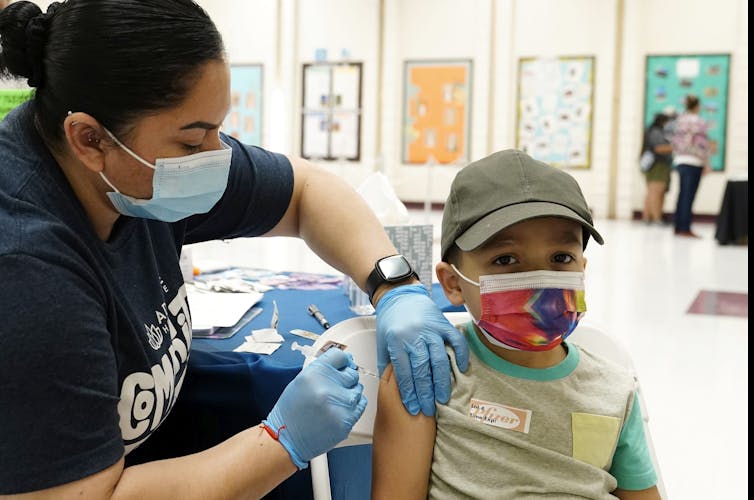Riprendiamo da Diseguaglianze di salute che ringraziamo questa pagina di indicazioni di grande utilità rispetto alla gestione del problema scuola in questa fase di pandemia.
La pandemia di COVID-19 ha ripreso vigore. L’incidenza in Italia è in continua ascesa da metà ottobre, soprattutto tra le persone non vaccinate. La crescita dei contagi tra i bambini, in particolare al di sotto dei 12 anni, ha caratterizzato soprattutto la fase iniziale della salita della curva epidemica.
Parallelamente alla campagna vaccinale, che a partire dal 16 dicembre riguarderà anche la fascia di età 5-11 anni, occorre continuare a formulare raccomandazioni per il mantenimento della scuola in sicurezza, per la diagnosi precoce dei casi e per la prevenzione di focolai in setting scolastico.
L’Associazione Italiana di Epidemiologia ha formulato delle raccomandazioni per gestire l’attuale fase pandemica nella scuola per far sì che non si debba ricorrere a chiusure o didattica a distanza che hanno inasprito le disuguaglianze sia negli apprendimenti sia negli abbandoni scolastici.
Per accedere al documento “Le indicazioni dell’AIE per la scuola nell’attuale fase pandemica“
Altri articoli sul tema:
La scuola a singhiozzo: quali conseguenze sugli apprendimenti
Sullo stesso tema Dors ha scritto:
Dors | Chiusura delle scuole durante la pandemia: quali conseguenze per bambini e adolescenti?
Dors | La trasmissione del SARS CoV-2 all’interno degli ambienti scolastici: chiudere è efficace?


